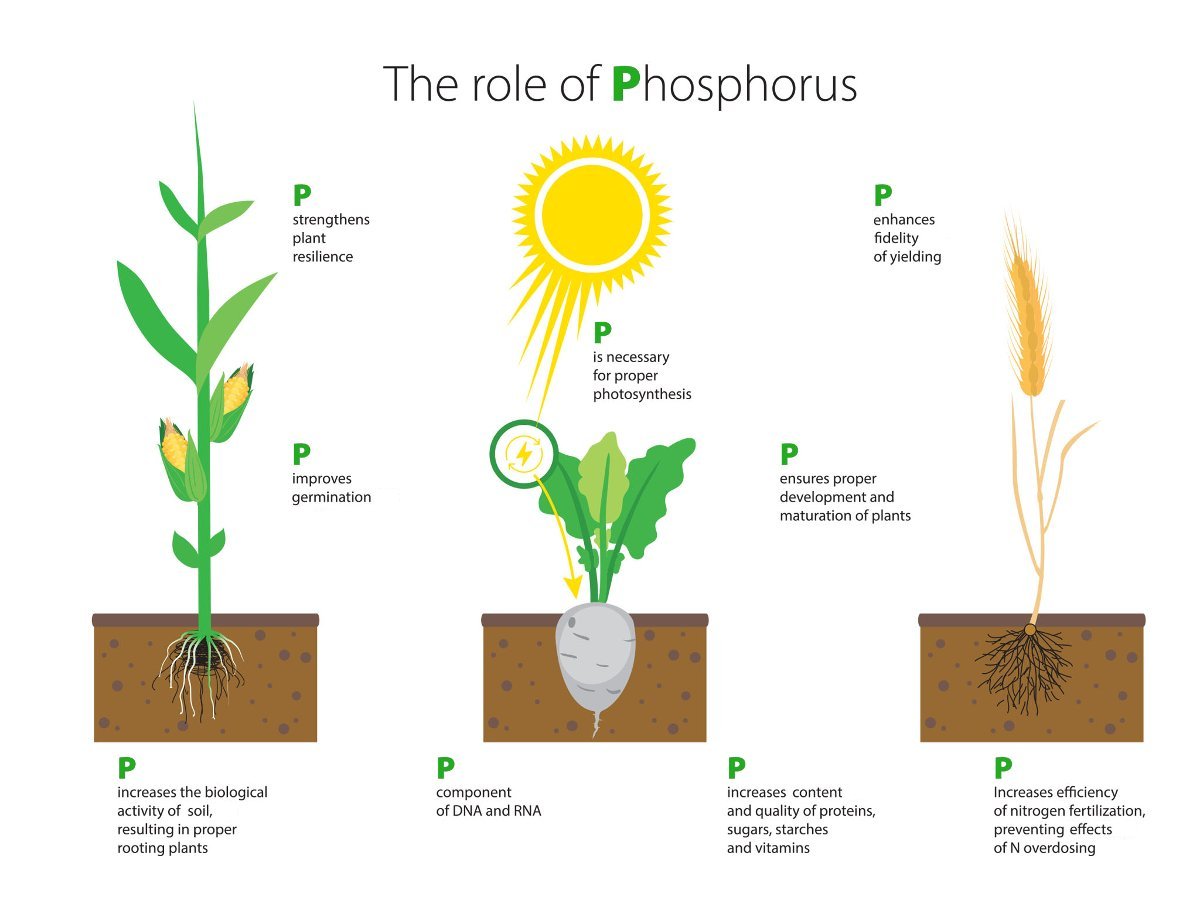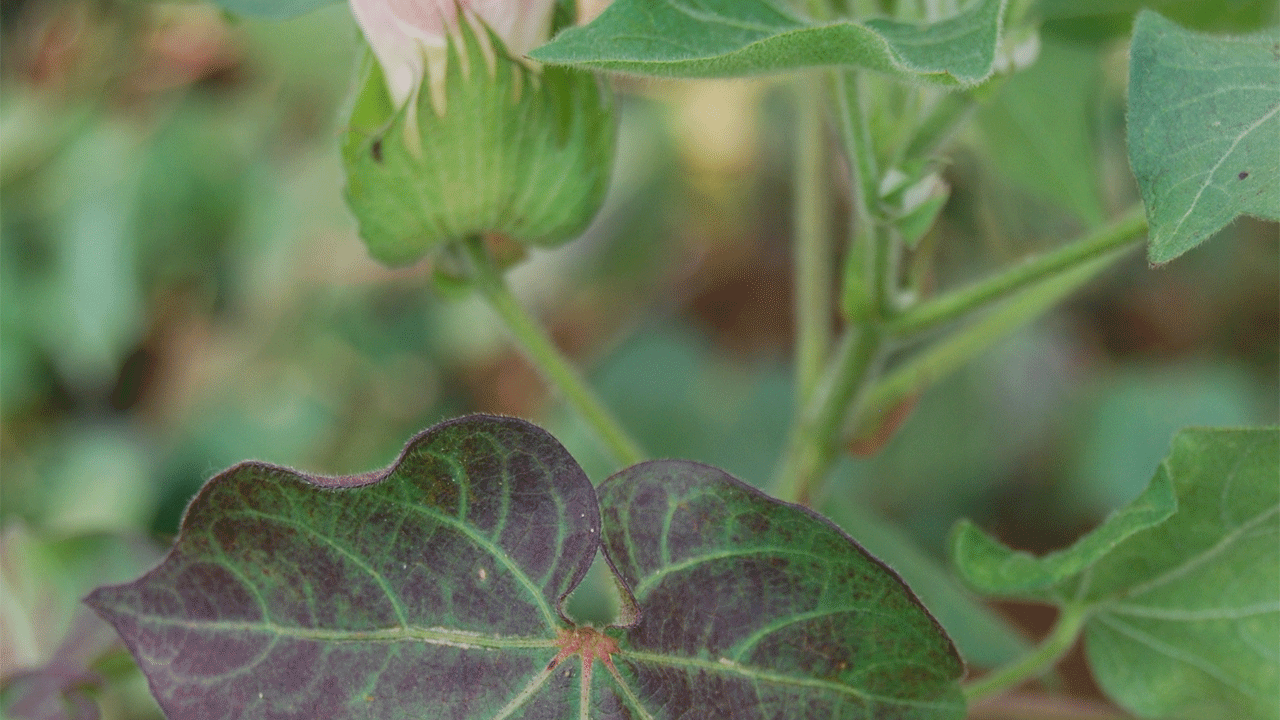Phosphorus (P) is essential for all living organisms. Plants must have phosphorus for normal growth and maturity. Phosphorus plays a role in photosynthesis, respiration, energy storage and transfer, cell division, cell enlargement and several other processes in plants. Phosphorus is a vital component of DNA, the genetic “memory unit” of all living things. Phosphorus is a vital component of ATP, the “energy unit” of plants. Thus, phosphorus is essential for the general health and vigour of all plants. Some specific growth factors that have been associated with phosphorus are:
- Stimulated root development
- Increased stalk and stem strength
- Improved flower formation and seed production
- More uniform and earlier crop maturity
- Increased nitrogen N-fixing capacity of legumes
- Improvements in crop quality
- Increased resistance to plant diseases
- Supports development throughout entire life cycle
Like and share with other farmers by clicking on button below.
Share


